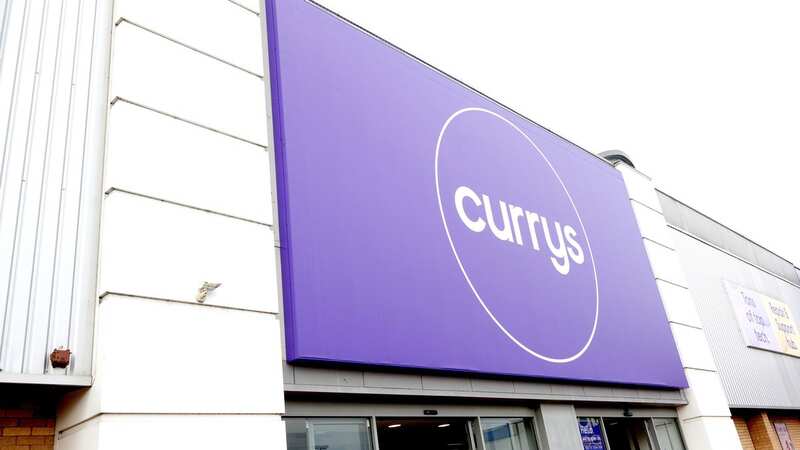

Currys has reported a dip in sales over the Christmas period as customers held back on big purchases.
The use of credit, including "buy now, pay later" schemes, reached an all-time high. Despite this, the electronics retailer expects its annual profit to exceed previous forecasts, even amid challenging conditions.
Sales fell by 3% in the 10 weeks leading up to January 6, compared to the same time last year. This period, which includes Black Friday and the festive shopping season, is typically a peak trading time for the company.
Mobile phones sold well during this time, but this was offset by weaker sales of TVs and computers. CEO Alex Baldock said that the ongoing cost-of-living crisis means UK consumers are still "hard-pressed". While consumer confidence is improving, it remains "bumpy".
This has led to some customers being more cautious with their spending on big-ticket items. However, tighter budgets have also resulted in more people choosing to extend the lifespan of their gadgets rather than replacing them. This trend has benefited Currys' servicing department.
 Shop prices 'are yet to peak and will remain high' as inflation hits new heights
Shop prices 'are yet to peak and will remain high' as inflation hits new heights
Baldock also noted that "bundles" sold well. These are packages where customers buy a product like a TV and add on items such as a stand and bracket in one purchase.
The company revealed that credit adoption has hit a record high, making up over a fifth of purchases, with 2.2 million customers actively using its flexible credit options. This includes the option to pay in monthly instalments, which includes interest, or "buy now, pay later" within a year, without interest.
Mr Baldock, the boss, said more people are finding ways that "help them afford expensive products". The firm is expecting its adjusted pre-tax profit for the year to be between £105 million and £115 million, higher than prior expectations, after making cost savings across the group.
Despite improved financial performance, Mr Baldock noted that its "markets may be no easier". He also said that the business was keeping an eye on the disruption in the Red Sea caused by attacks on cargo ships, which could lead to shipping delays and higher costs.
"As it stands, we're not expecting significant disruption, but clearly we'll keep a very close eye on it," he said. He criticised the Government's decision to raise the National Minimum Wage from April, saying it is "adding to an already overburdened sector", on top of higher business rates and "misjudged" recycling proposals.
"Loading these new costs onto retail at this time is simply going to be counterproductive, it is going to fuel inflation, reduce investment, reduce jobs, and it is not going to achieve the objectives that it set out to," he said.
* An AI tool was used to add an extra layer to the editing process for this story. You can report any errors to webhomepage@mirror.co.uk